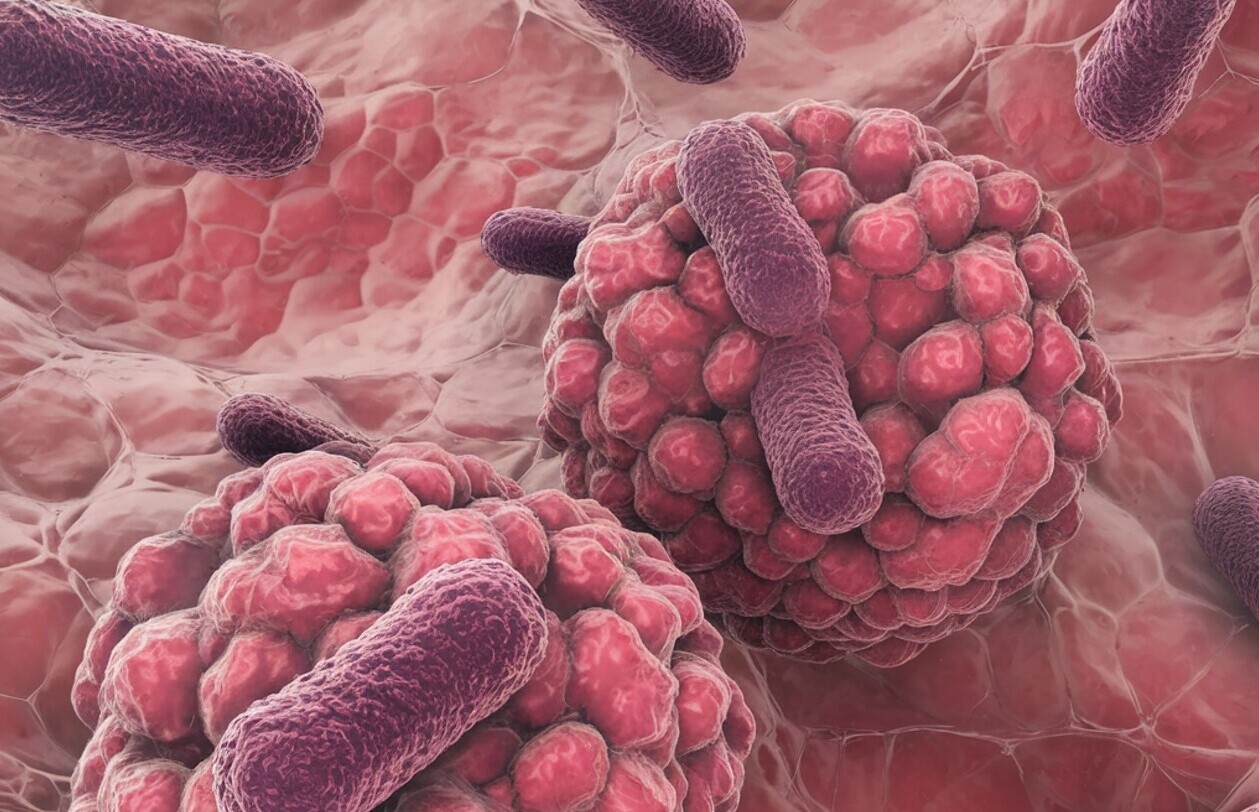
Lipomucopolysaccharidosis might sound like a mouthful, but understanding it is crucial for those affected. This rare genetic disorder impacts the body's ability to break down certain complex molecules, leading to a buildup in cells. Symptoms can vary widely, from mild to severe, affecting physical and mental development. Early diagnosis and treatment can make a significant difference in managing the condition. Genetics play a key role, as the disorder is inherited in an autosomal recessive pattern. This means both parents must carry the defective gene for a child to be affected. Treatment options are limited but include enzyme replacement therapy and supportive care to improve quality of life. Stay informed and proactive in seeking medical advice if you suspect any signs of this condition.
Key Takeaways:
- Lipomucopolysaccharidosis is a rare genetic disorder affecting enzyme function, leading to various symptoms. Early diagnosis and supportive treatments can improve quality of life for affected individuals.
- Ongoing research offers hope for new treatments, including gene therapy and novel enzyme replacement therapies. Advocacy groups are working to raise awareness and fund research for this rare disorder.
What is Lipomucopolysaccharidosis?
Lipomucopolysaccharidosis is a rare genetic disorder that affects the body's ability to break down certain complex molecules. This condition leads to the accumulation of these molecules in cells, causing various health issues. Here are some intriguing facts about this condition.
-
Lipomucopolysaccharidosis is a lysosomal storage disorder, meaning it involves the malfunction of lysosomes, which are cellular structures responsible for breaking down waste materials.
-
The disorder is inherited in an autosomal recessive pattern, requiring two copies of the defective gene for the condition to manifest.
-
Symptoms often appear in early childhood, although the severity and onset can vary widely among individuals.
-
Common symptoms include developmental delays, skeletal abnormalities, and organ enlargement.
-
There are several types of lipomucopolysaccharidosis, each caused by different enzyme deficiencies.
Causes and Genetics
Understanding the genetic basis of lipomucopolysaccharidosis can help in diagnosing and managing the condition. Here are some key genetic facts.
-
Mutations in specific genes responsible for producing enzymes that break down glycosaminoglycans (GAGs) cause the disorder.
-
These mutations lead to the accumulation of GAGs in cells, which disrupts normal cellular function.
-
Genetic testing can identify carriers of the defective gene, which is crucial for family planning and early diagnosis.
-
Prenatal testing is available for families with a history of the disorder, allowing for early intervention.
-
Genetic counseling is recommended for affected families to understand the risks and implications of the disorder.
Symptoms and Diagnosis
Recognizing the symptoms early can lead to better management of lipomucopolysaccharidosis. Here are some important facts about its symptoms and diagnosis.
-
Early symptoms may include coarse facial features, frequent respiratory infections, and hearing loss.
-
As the disease progresses, affected individuals may develop joint stiffness, heart valve abnormalities, and vision problems.
-
Diagnosis typically involves a combination of clinical evaluation, imaging studies, and laboratory tests to measure enzyme activity.
-
Urine tests can detect elevated levels of GAGs, which is a hallmark of the disorder.
-
MRI and X-rays can reveal characteristic skeletal abnormalities, aiding in the diagnosis.
Treatment and Management
While there is no cure for lipomucopolysaccharidosis, various treatments can help manage symptoms and improve quality of life. Here are some treatment facts.
-
Enzyme replacement therapy (ERT) is available for some types of the disorder, helping to reduce the accumulation of GAGs.
-
Hematopoietic stem cell transplantation (HSCT) has shown promise in treating certain forms of the disorder, particularly when performed early.
-
Physical therapy can help maintain joint mobility and improve motor skills.
-
Regular monitoring by a multidisciplinary team of specialists is essential for managing the various aspects of the disorder.
-
Supportive treatments, such as hearing aids and corrective surgeries, can address specific symptoms and improve quality of life.
Research and Future Directions
Ongoing research is crucial for developing new treatments and improving outcomes for individuals with lipomucopolysaccharidosis. Here are some exciting research facts.
-
Gene therapy is being explored as a potential treatment, aiming to correct the underlying genetic defect.
-
Clinical trials are investigating the efficacy of novel enzyme replacement therapies and other pharmacological approaches.
-
Advances in prenatal screening techniques are improving early detection and intervention.
-
Patient registries and natural history studies are providing valuable data to guide research and treatment strategies.
-
Advocacy groups and research organizations are working tirelessly to raise awareness and fund research for this rare disorder.
Final Thoughts on Lipomucopolysaccharidosis
Lipomucopolysaccharidosis, a rare genetic disorder, affects many aspects of a person's health. Understanding its symptoms, causes, and treatments can help those affected and their families manage the condition better. Early diagnosis is crucial for improving quality of life. Genetic counseling can provide valuable insights for families with a history of the disorder. While there's no cure yet, ongoing research offers hope for future treatments. Support groups and resources are available to help patients and their loved ones navigate the challenges of living with lipomucopolysaccharidosis. Staying informed and connected with medical professionals can make a significant difference. Remember, knowledge is power when dealing with rare diseases. By spreading awareness and supporting research, we can contribute to a brighter future for those affected by lipomucopolysaccharidosis.
Frequently Asked Questions
Was this page helpful?
Our commitment to delivering trustworthy and engaging content is at the heart of what we do. Each fact on our site is contributed by real users like you, bringing a wealth of diverse insights and information. To ensure the highest standards of accuracy and reliability, our dedicated editors meticulously review each submission. This process guarantees that the facts we share are not only fascinating but also credible. Trust in our commitment to quality and authenticity as you explore and learn with us.
